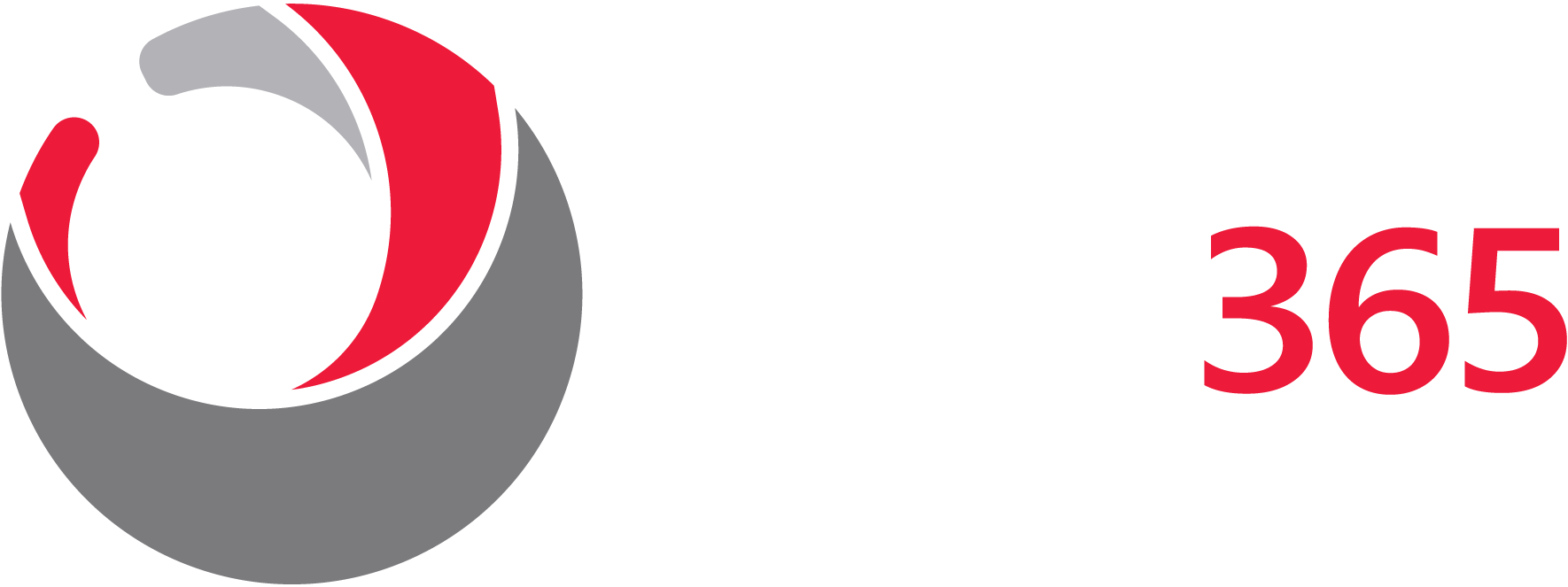1. Data Security and Compliance:
Does the BaaS provider employ robust encryption methods during data transmission and storage?
2. Reliability and Availability:
What is the service provider’s track record for uptime and availability?
3. Data Recovery Time Objectives (RTO) and Recovery Point Objectives (RPO):
What are the providers capabilities – RTO refers to the time it takes to restore data after a disaster – RPO represents the maximum tolerable data loss – will these work for your business?
4. Scalability and Flexibility:
Will the BaaS solution’s scale to accommodate your data growth over time?
5. Data Retention and Versioning:
How long will the BaaS provider retain your backup data and do they offer versioning capabilities? – crucial in case of data corruption or ransomware attacks.
6. Ease of Use and Management:
Evaluate the user interface and management tools provided by the BaaS solution – is it easy to manage and monitor?
7. Cost and Pricing Structure:
Are there any additional fees for data transfer, storage overages, or data recovery requests?
8. Customer Support and SLAs:
What are the Service Level Agreements (SLAs)? – you will want guaranteed response times and resolution commitments in case of issues.
9. Testing and Validation:
Do you understand the provider’s testing and validation processes? – ensuring data integrity and the ability to recover data when needed.
10. Integration and Compatibility:
Is the solution compatible with your existing IT infrastructure and applications? – you’ll want seamless integration with your current systems.


